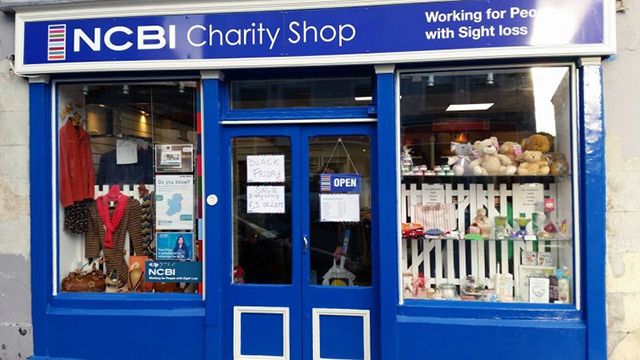
As the world becomes more climate conscious people have tried to find ways that they can ease the burden on the environment.
For many sustainable fashion is part of the answer. This means only buying clothes that have been designed, manufactured and distributed in a way that does not damage the environment.
While shopping sustainably seems like an easy swap to reduce your carbon footprint, the reality of having a completely sustainable wardrobe is much more difficult.
The debate around fast fashion versus sustainability is one that has shifted over time. When the sustainability movement first began there was a very strong rhetoric saying that individuals should only buy from sustainable clothing companies or secondhand.
While these options may be possible for a lot of people, a very dangerous mentality was formed that thought people buying from retailers such as Penneys because they needed affordable options were causing climate change.
Of course buying massive hauls of dirt cheap clothing or 99 per cent off sales as was seen with Pretty Little Thing are not at all sustainable but for some people shopping fast fashion is necessity not a privilege.
However, the people who rely on cheaper fast fashion brands are not the ones who are participating in this overconsumption.
Some have to buy small amounts of clothing from fast fashion retailers either due to their economic circumstances or their clothing size.
Size inclusivity is a problem across the fashion industry and a lot of popular sustainable brands are not exempt from this but on top of that the variety of plus size clothing in second-hand shops is limited.
Then there is the issue of cost. When the sustainable fashion movement kicked off one company in particular was the poster child for it all.
Reformation, an American clothing brand labelled as sustainable and ethical, was presented as the peak of sustainability.
However their prices are completely unattainable for the average consumer with dresses starting at €98 for a simple bodycon and reaching all the way to €370.
There is also the issue of the Depop resellers. Depop is a social shopping app designed to allow people to sell their unwanted clothes.
Depop, and other clothing reselling apps like it, are a great way for people to find homes for their unwanted items. However, very often Depop sellers buy up trendy items in secondhand shops for cheap and then resell them with a pricey vintage tag.
This makes shopping sustainably even more difficult for those on a budget and the trend of “thrift-flipping” large sized items leaves even less plus size options available.
Overall while each individual making an effort does go a long way for some this is not possible.
It’s important that in talking about sustainable fashion it is acknowledged that the transition is not linear or possible for everyone.
Not everyone has the money or time to immediately start shopping sustainably but it can be a gradual process where people can make changes that work for them.
Aoibhín Meghen
Image Credit: NCBI
Note: This article was reuploaded on 23/03/21 due to a fault with The College View website.


